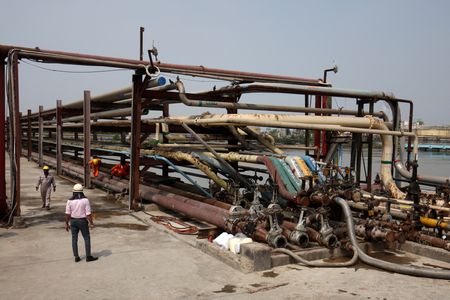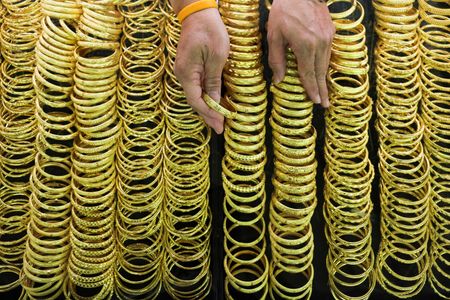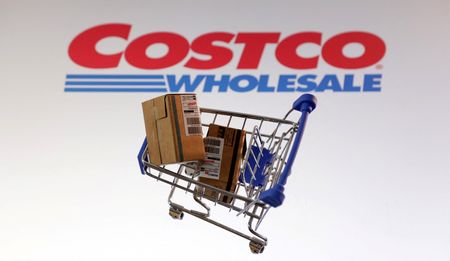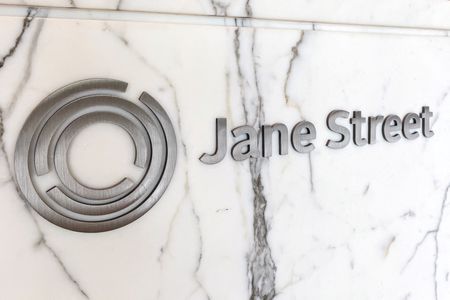By Nidhi Verma, Mohi Narayan and Trixie Yap
NEW DELHI/SINGAPORE (Reuters) -Indian private refiners that have leveraged cheap Russian crude to boost margins will be forced to find workarounds and rely more on traders to find new markets for their products after the latest round of European Union sanctions, traders and industry sources said.
Russia is India’s top oil supplier, and refiners such as Reliance Industries and Nayara Energy have benefited in recent years from pressure on Russian crude prices from sanctions linked to its invasion of Ukraine. Many have then exported refined products to buyers in Europe.
However in its 18th package of sanctions against Russia, approved on Friday, the European bloc banned imports of refined petroleum products made from Russian crude coming from third countries, excluding a handful of Western nations.
It has also placed direct sanctions on Nayara Energy, a refinery backed by Russian oil major Rosneft. The package will be phased in over six months.
Reliance, India’s largest buyer of Russian oil and refined products exporter, shipped an average of 2.83 million barrels of diesel and 1.5 million barrels of jet fuel per month to Europe in the first seven months of this year, LSEG shiptracking data showed.
That roughly accounted for nearly 30% and 60% of its respective exports of the two products.
Nayara Energy typically exports four million barrels or more of refined products including diesel, jet fuel, gasoline and naphtha per month, though only jet fuel typically heads to European markets, LSEG and Kpler shiptracking data showed.
Under the sanctions, traders are likely to play a bigger role in placing refined products made from Russian crude, the sources said. Given the long phase-in time, they are likely to get creative with routes, they added.
For diesel, traders are likely to swap Indian supplies with Middle East cargoes for export to Europe, Singapore-based traders said. They may also ship Indian cargoes to floating storage facilities in the Middle East or West Africa to be re-exported, they added.
For jet fuel, Indian refiners may either divert cargoes to local markets or ship supplies to Asia, they said.
Reliance and Nayara did not immediately respond to requests for comment.
The changes will benefit traders by generating more trade flows, but will be costly for producers and consumers, said an Asian trader. Europe, heading into winter, may have to pay higher prices for refined fuel, he added.
Nayara said in a statement on Monday it condemned the EU’s “unjust and unilateral” decision to impose sanctions on the company, while India said on Friday it does not support the EU’s “unilateral sanctions”.
Indian state refiners, which also buy Russian crude, are likely to be less affected by the sanctions as they sell most of their fuel locally and export through tenders, mostly to buyers in Asia, including Singapore, refining sources said.
Indian state refiner Mangalore Refinery and Petrochemicals Ltd said the company’s diesel exports were unlikely to be affected by the latest sanctions. Traders in recent months sold some of MRPL’s diesel parcels in the UK, according to LSEG. “We don’t directly sell our diesel to the end customer. It is all picked up through a tendering process by a trader,” managing director M Shyamprasad Kamath said, adding that he does not see problems in selling refined fuels due to the sanctions.
Following the EU sanctions, Nayara Energy amended the terms of a naphtha tender issued on Monday to obtain payment in advance, a tender document seen by Reuters showed.
(Reporting by Nidhi Verma and Mohi Narayan in New Delhi, Trixie Yap in Singapore; Editing by Florence Tan, Tony Munroe and Jan Harvey)







